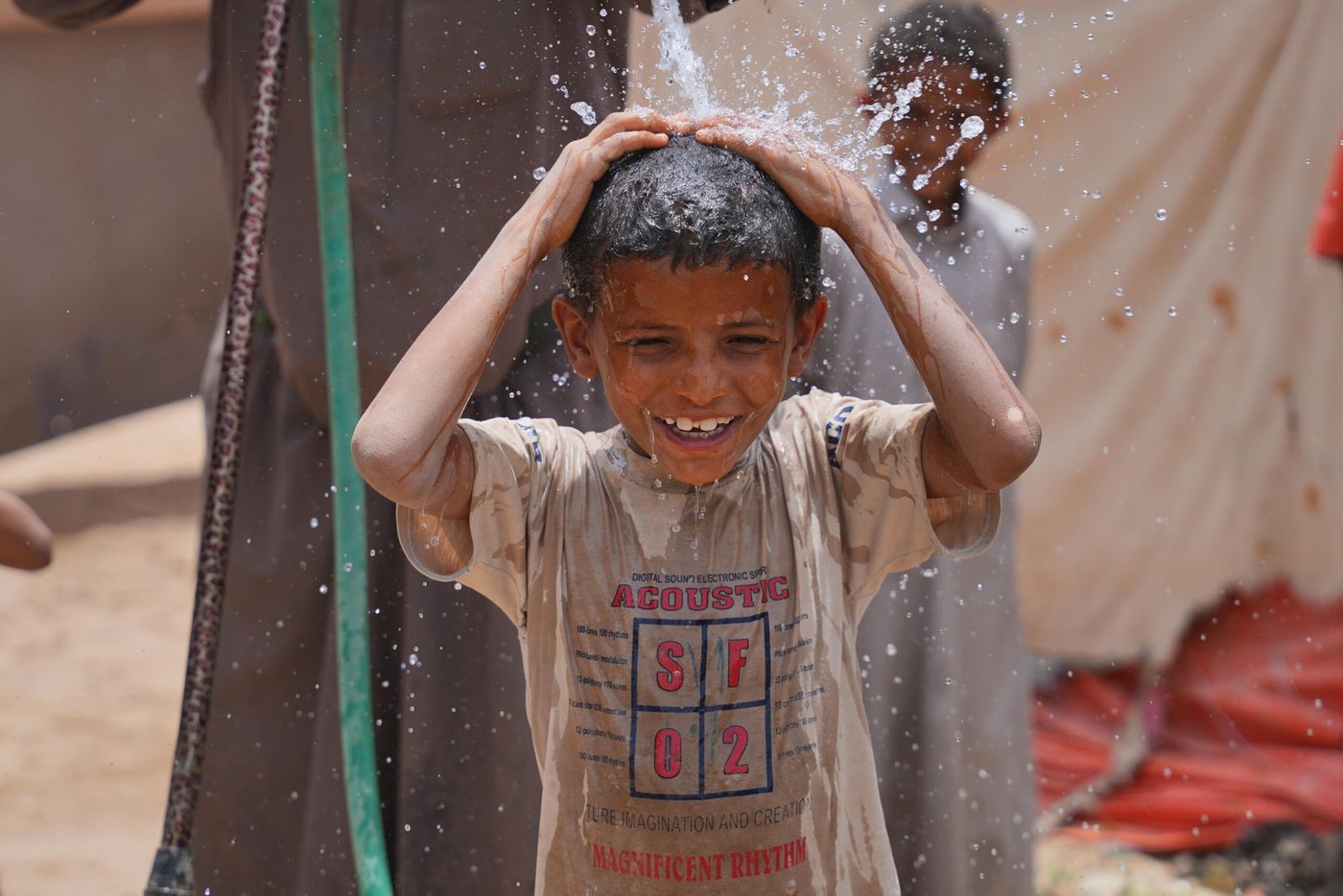Of Yemen's 34.9 million people, over 15 million lack safe drinking water and reliable sanitation.
Ahmed, 52, fled his home in Hodeidah governorate with his family and some neighbors ten years ago. They settled in the Hajjibah camp for displaced families in Marib governorate, where he had relatives.
“We've been suffering from the lack of water since we arrived here,” he explains. “Water is available in wells that are far from the camp, and we had no choice but to fetch it ourselves, along with our children.”
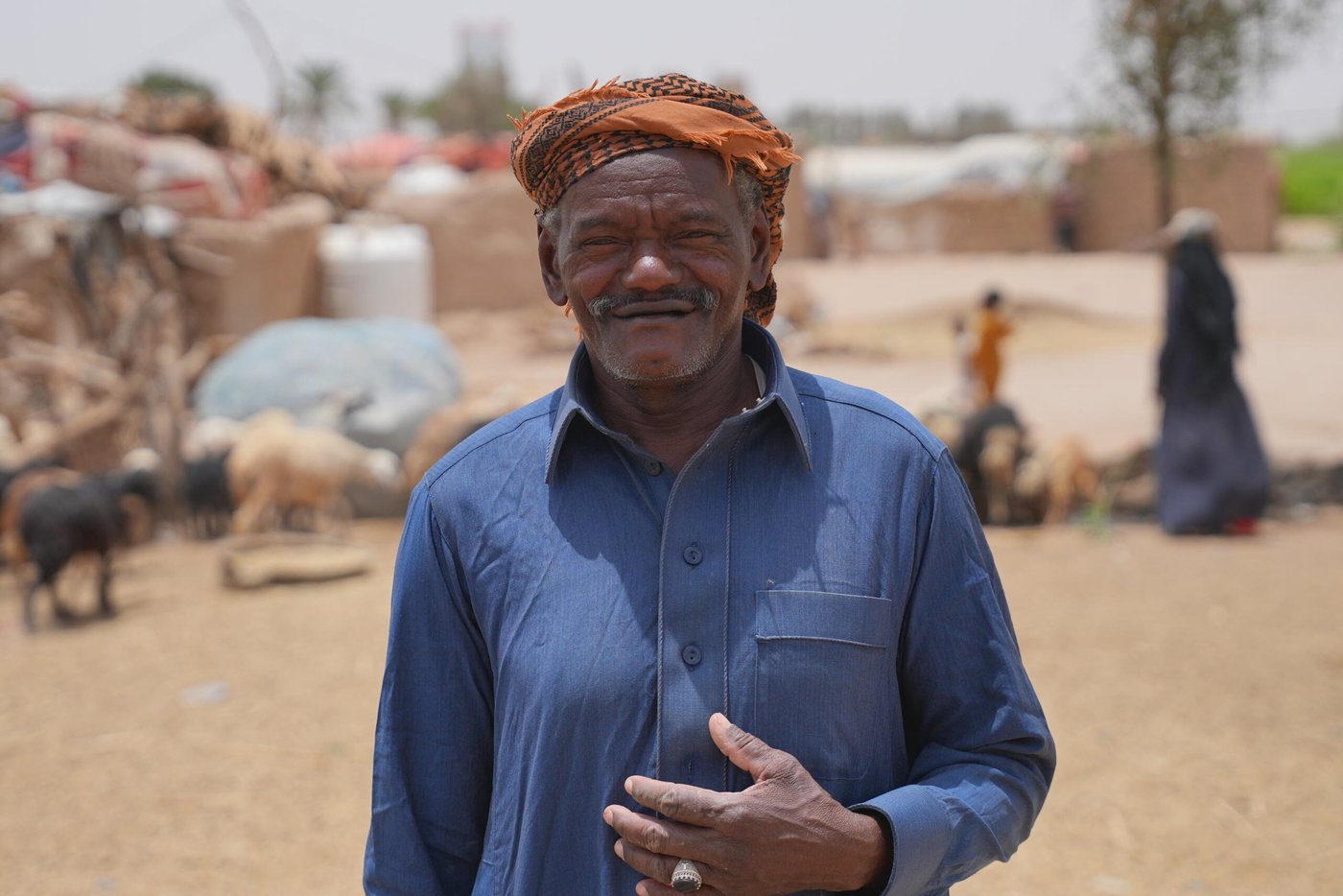
Ahmed, a father of five, has spent the past decade relying on his children to help collect water for the family.
“Every morning, other children would go to school, but our children used to carry jerrycans and look for clean water,” he says. “Sometimes, they would have to walk for three kilometers if clean water is not available in the nearby wells.”
Ahmed stated that at times, three children would go to fetch water while two went to school, but never all five.
“If I let them all attend school on the same day, who would fetch the water?” he asks. He can't go to fetch it himself because he needs to work at the market to manage other basic needs, like food.
Even with their daily efforts, the water they gathered was never enough for the families. The long treks to distant wells were exhausting, and the lack of clean water led to the spread of diseases across the camp.
Many families in Yemen purchase clean water from water trucks, but most displaced families in Hajjibah camp cannot afford it. To get by, many collect and sell empty plastic bottles to recycling factories. But the meagre income is barely enough to buy food, let alone water.
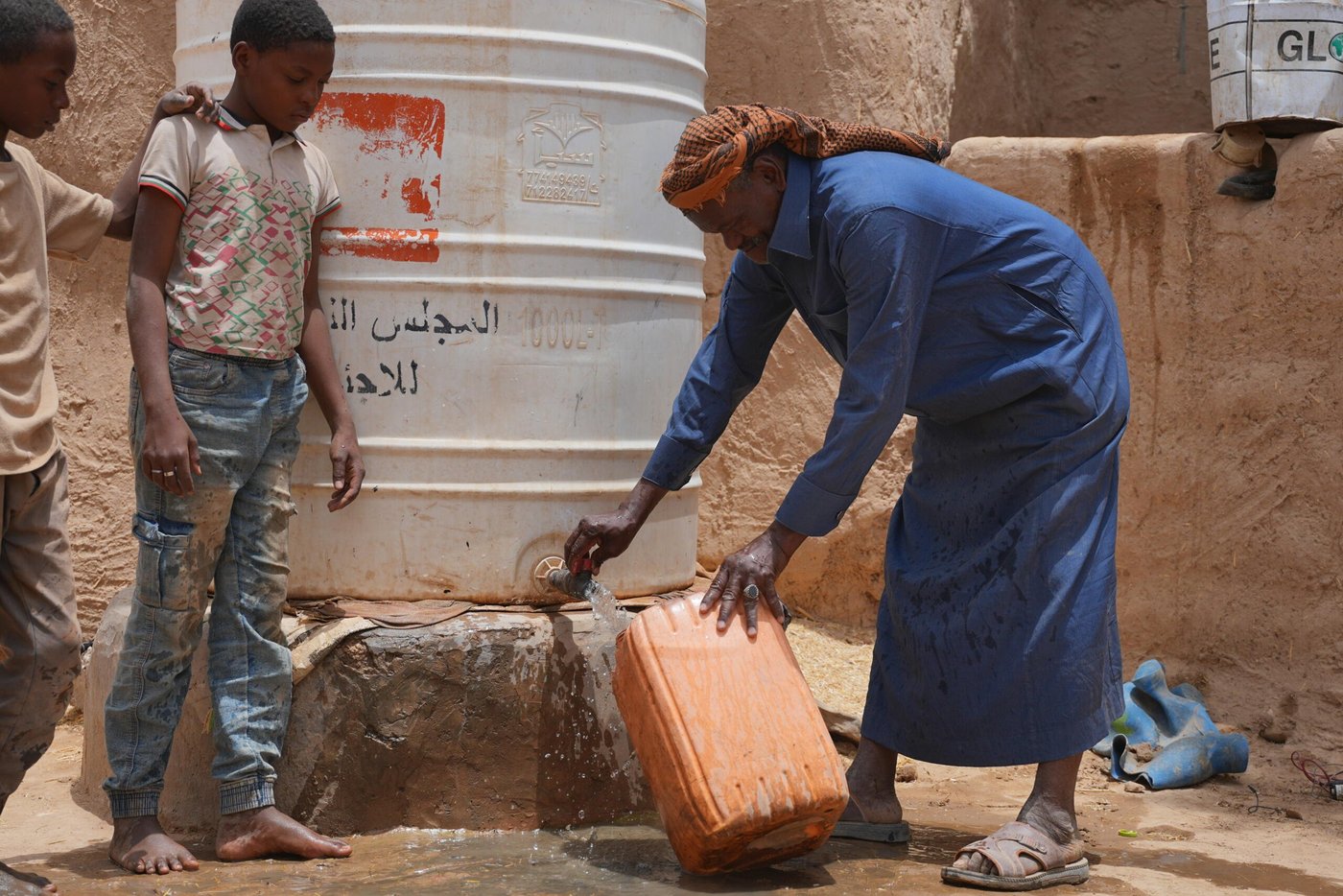
As a member of the Yemen Displacement Response (YDR) Consortium, and with funding from the European Union, the Norwegian Refugee Council (NRC) stepped in to support all 463 families in the camp.
NRC constructed an elevated water tank, rehabilitated the water source with an integrated pump unit, and implemented a water network with distribution points throughout the camp.
“No one can imagine the happiness of the children and adults when the water reached the camp,” Ahmed describes. “Now we have enough clean water and fetching it is no longer a burden.
“Our children now go to school every day, and they are healthier too, since we have enough water to clean our shelters well.”
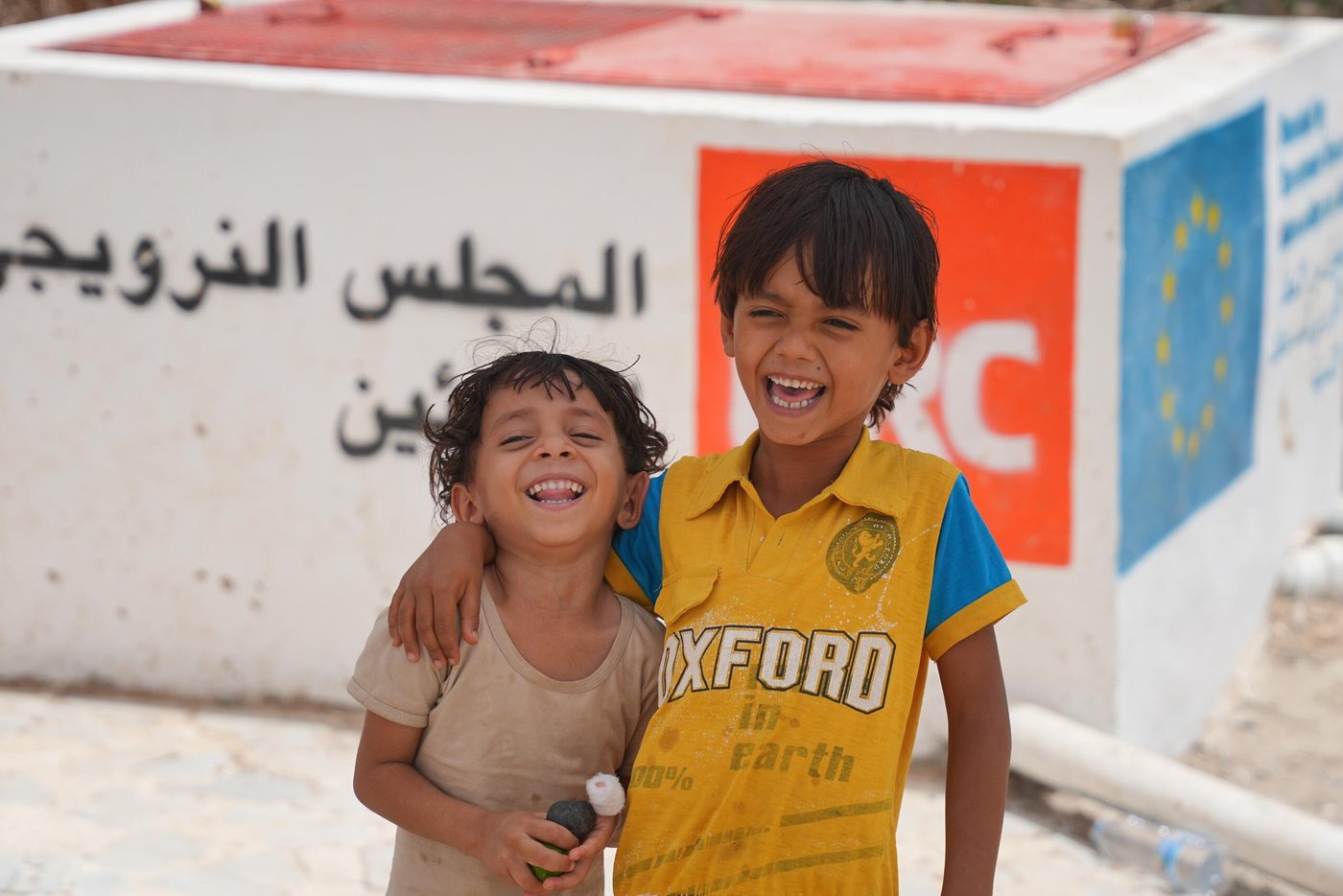
“We live in a desert, and in these conditions, we need to shower every day,” says Mureshed, 75, another resident in the camp. “We could not manage it in the past, and that was only achieved after NRC helped us relieve this suffering.
“I see happiness on the faces of the children not only when they go to school, but also when they come home and can take a shower.”
In 2024, with support from the EU and other donors, NRC helped more than 52,000 people gain access to safe drinking water and sanitation services across Yemen. Despite these ongoing efforts, many people in Yemen still lack crucial assistance and access to essential resources.
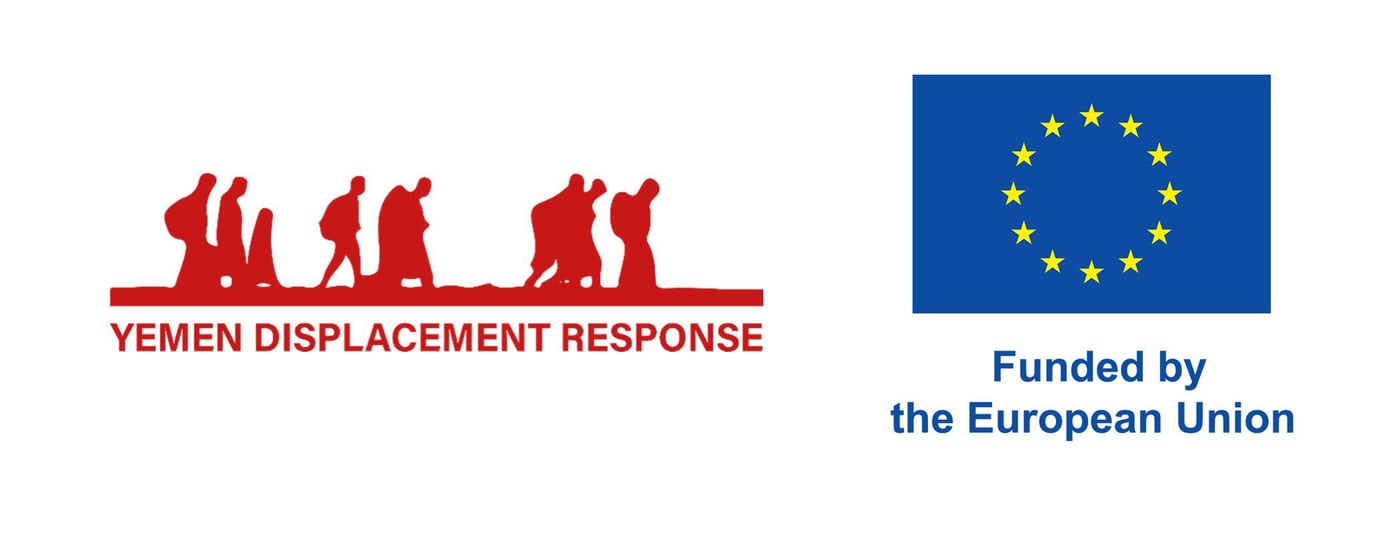
Sign up to our newsletter to read more stories from around the world.


